YOUR HUMAN LONGEVITY EXPERIENCE
Half-Day Visit With Specialized Testing Across Multiple Organ Systems
Includes comprehensive longevity lab analysis, body composition, cardiopulmonary, neurocognitive, sensory, and musculoskeletal assessments, along with advanced epigenetic, molecular, and AI-based analyses for deeper insights.
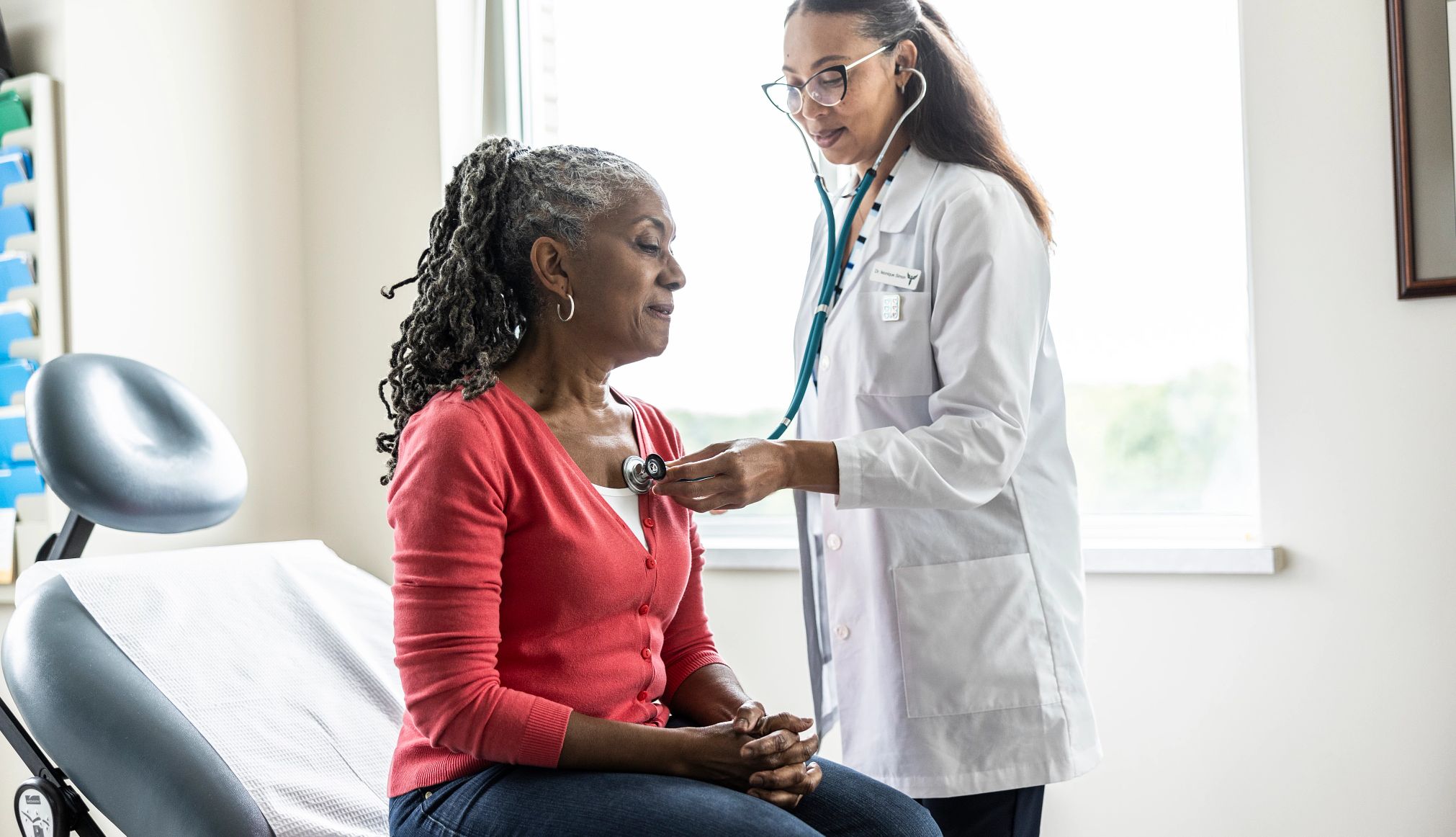
Follow-Up Visit With Your Physician
Detailed consultation to review your results and receive personalized insights. Includes a customized report and lifestyle recommendations.

Meet Your Wellness Team
Consultations with an exercise physiologist and registered dietitian. Together, you’ll create fitness and nutrition plans tailored to your needs, and set up your wellness platform profiles.

6-Month Follow-up
Repeat lab work to track progress and evaluate changes in key biomarkers.

Final Follow-Up
Review your results with your physician, celebrate progress and refine your health plan.

YOUR HUMAN LONGEVITY EXPERIENCE
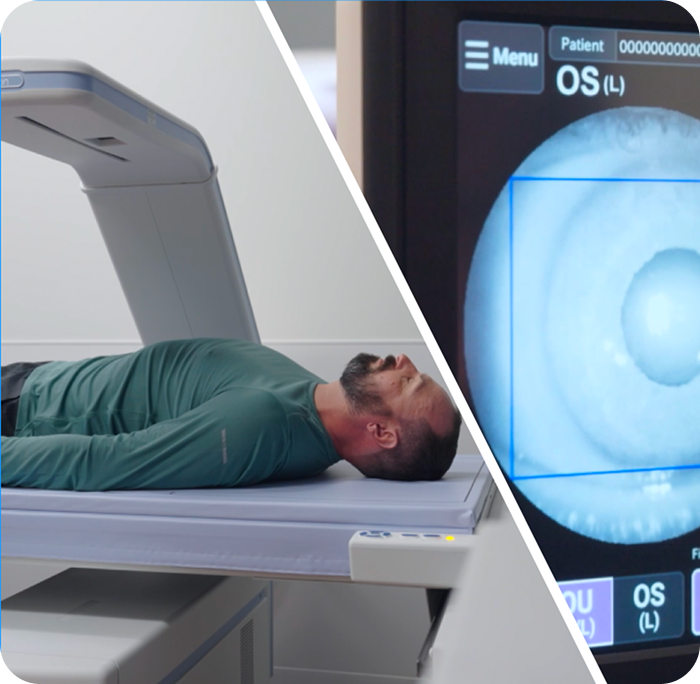

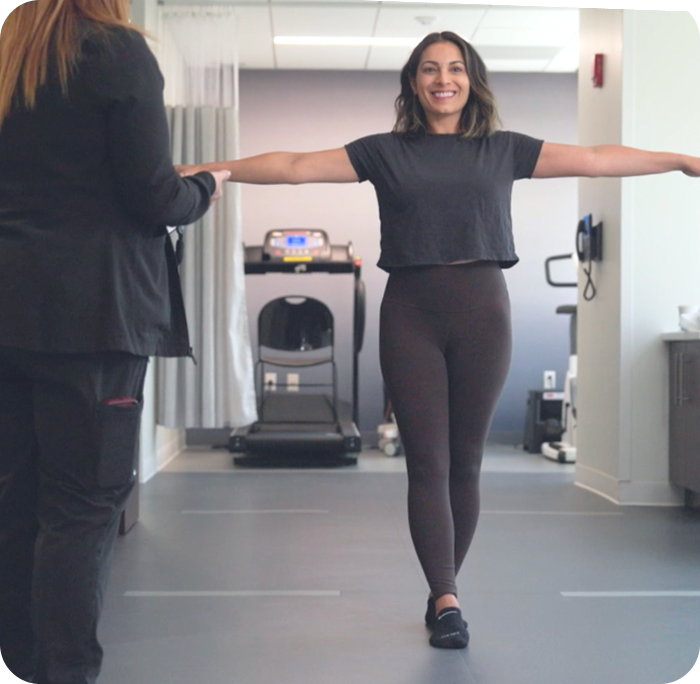
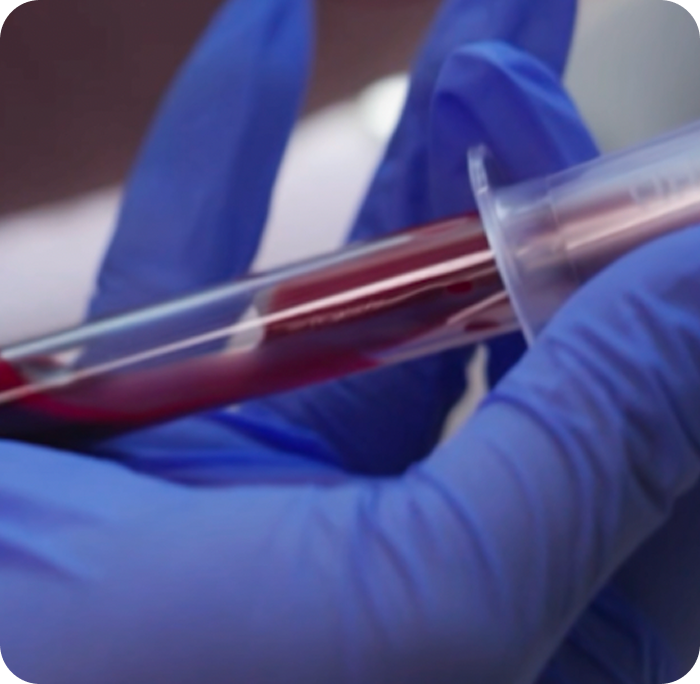
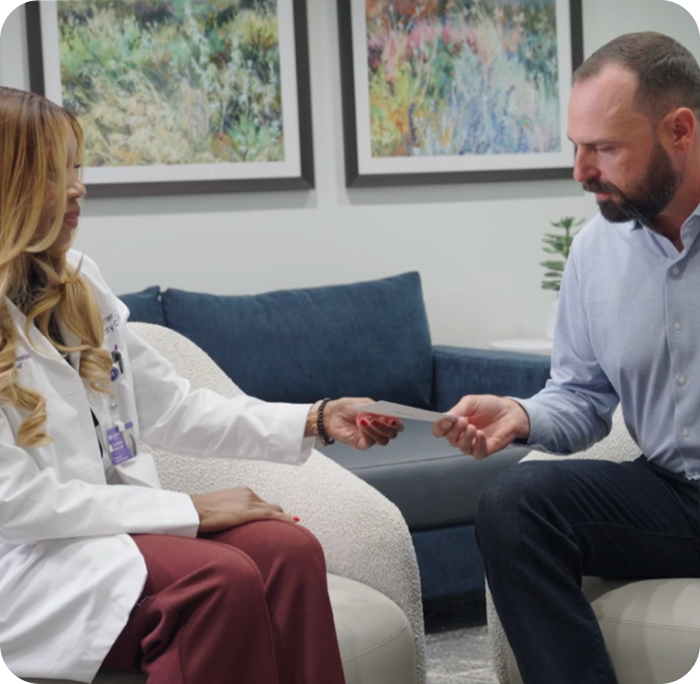
Half-Day Visit With Specialized Testing Across Multiple Organ Systems
Includes comprehensive longevity lab analysis, body composition, cardiopulmonary, neurocognitive, sensory, and musculoskeletal assessments, along with advanced epigenetic, molecular, and AI-based analyses for deeper insights.
Follow-Up Visit With Your Physician
Detailed consultation to review your results and receive personalized insights. Includes a customized report and lifestyle recommendations.
Meet Your Wellness Team
Consultations with an exercise physiologist and registered dietitian. Together, you’ll create fitness and nutrition plans tailored to your needs, and set up your wellness platform profiles.
6-Month Follow-up
Repeat lab work to track progress and evaluate changes in key biomarkers.
Final Follow-Up
Review your results with your physician, celebrate progress and refine your health plan.
